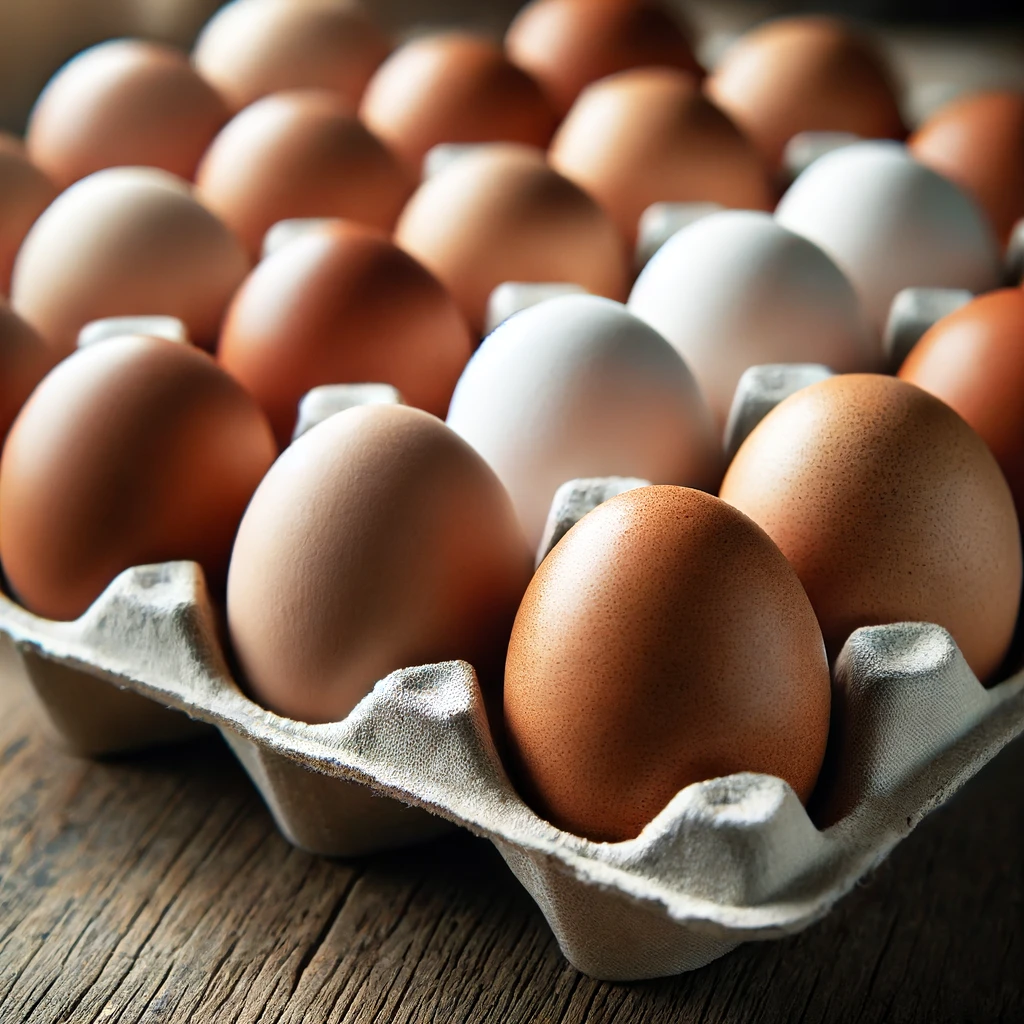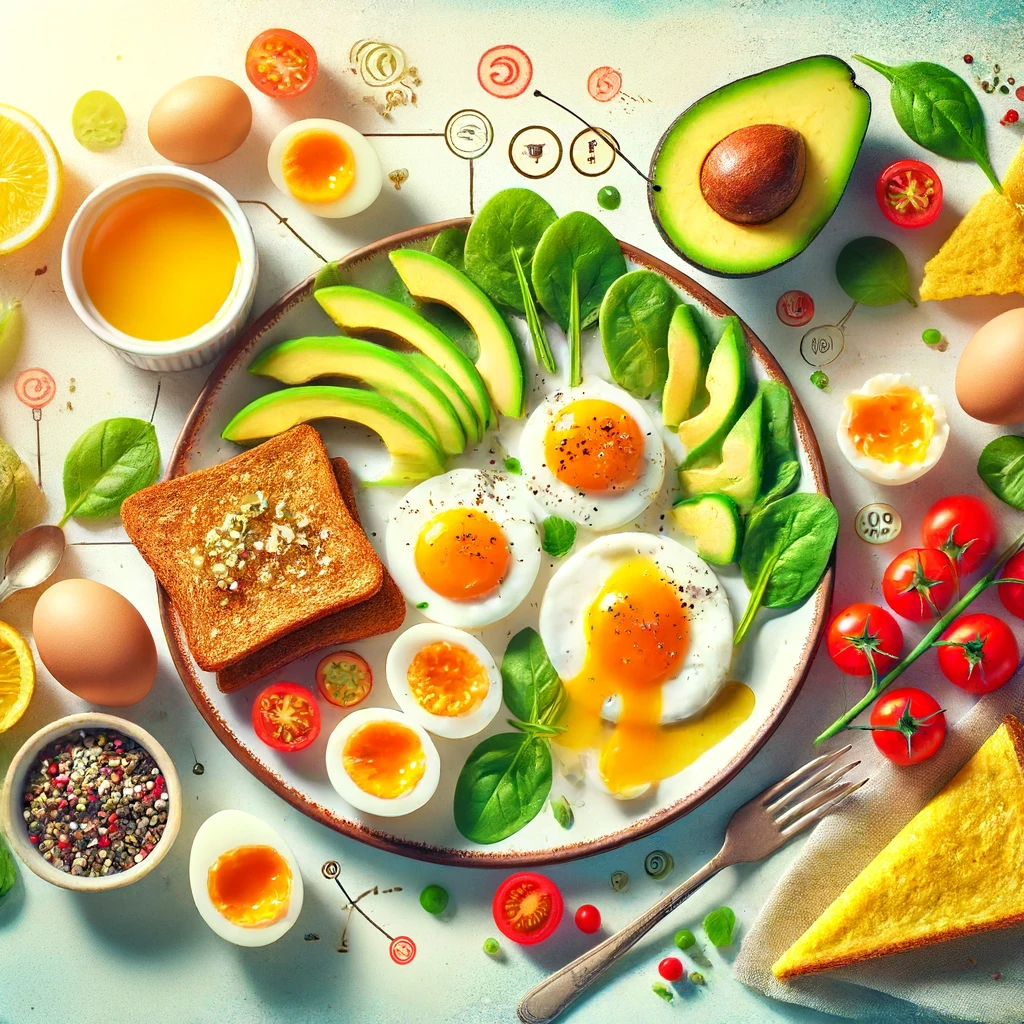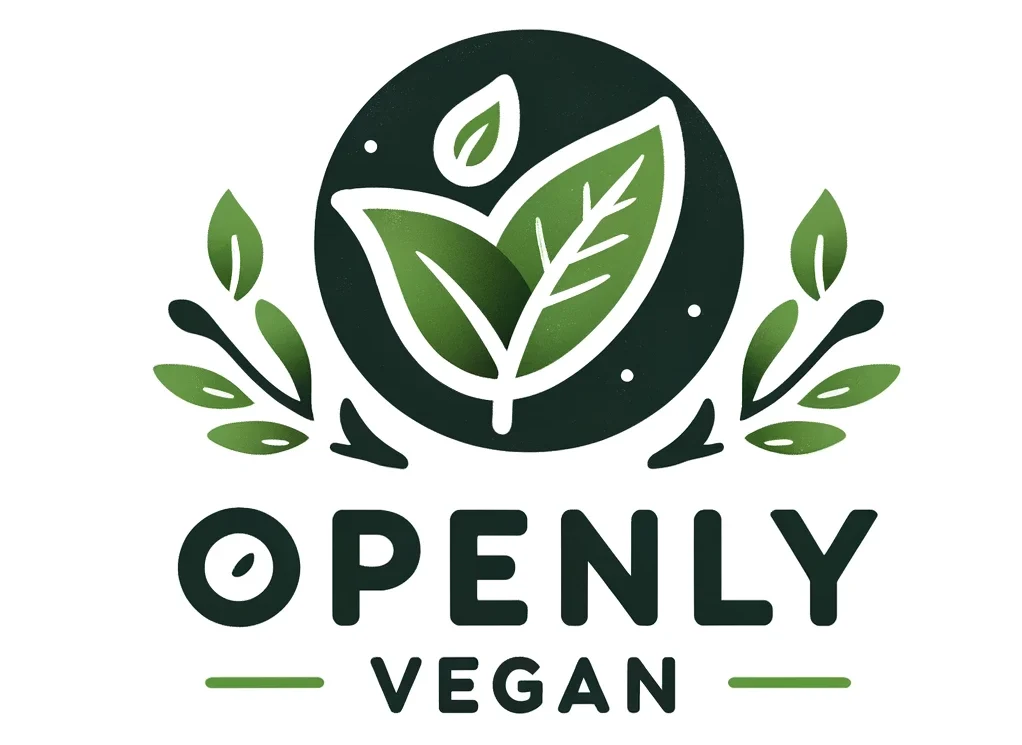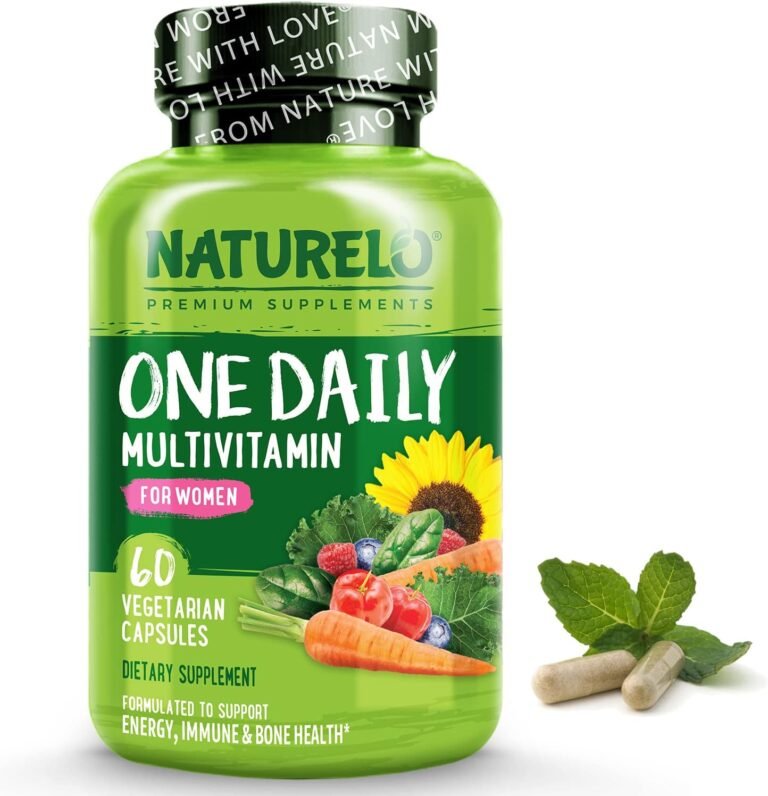Are Eggs Vegan?
Debunking the Myth: Are Eggs Really Vegan?
This question has sparked debate and confusion among vegans and non-vegans alike. While it may seem clear-cut, the answer is not as straightforward as you might think.
Vegans choose to avoid all animal products, including eggs, due to ethical, environmental, or health concerns. However, some argue that eggs can be considered vegan if they are sourced from backyard hens or ethically raised chickens.
Table of Contents

In this post, we will delve into the nuances of the vegan diet and explore the various perspectives on eggs. We will examine the ethical implications of consuming eggs, the environmental impact of egg production, and the health benefits or risks associated with eggs.
So, are eggs vegan? Get ready to have your assumptions challenged and your knowledge expanded as we debunk the myth and uncover the truth about eggs and their place in a vegan lifestyle.
What Are Eggs and Where Do They Come From?
Eggs are a staple food in many cultures and cuisines, valued for their versatility and nutritional content. Chicken eggs, the most commonly consumed type, are produced by female chickens through a process known as oviposition. These eggs are laid by hens to reproduce and are then collected for consumption or hatching.
In commercial egg production, hens are typically raised in crowded and often inhumane conditions, confined to small cages or overcrowded barns. This intensive farming practice raises concerns about animal welfare, as hens may experience stress, neglect, and physical harm in these environments. The use of antibiotics and hormones to boost egg production further complicates the ethical considerations surrounding conventional egg farming.
Additionally, the environmental impact of egg production cannot be overlooked. The resources required to feed, house, and transport hens contribute to deforestation, water pollution, and greenhouse gas emissions. The scale of industrial egg farming exacerbates these environmental issues, making it a significant factor in the sustainability of our food systems.
Debunking the Myth: Eggs and Veganism
The question of whether eggs can be considered vegan is a contentious topic that challenges the conventional understanding of vegan dietary choices. While some argue that consuming eggs from ethically raised hens aligns with vegan values, others contend that any form of egg consumption perpetuates the exploitation of animals.
From an ethical standpoint, the core issue lies in the inherent exploitation of hens for their reproductive capacities. Even in the case of backyard or small-scale egg production, hens are still bred and commodified for their eggs, raising concerns about the objectification of living beings for human consumption. This ethical dilemma underscores the complexities of navigating food choices in a world where animal welfare and rights are increasingly scrutinized.
Furthermore, the nutritional value of eggs and their health implications add another layer to the debate. Eggs are rich in protein, vitamins, and minerals, making them a valuable source of nutrients for many. However, concerns about cholesterol, saturated fat, and potential contamination with pathogens like salmonella highlight the health risks associated with egg consumption. Balancing the nutritional benefits of eggs with their potential drawbacks requires a nuanced approach to diet and wellness.

Nutritional Value of Eggs
Eggs are often praised for their nutritional density, offering a range of essential nutrients in a single serving. A typical chicken egg contains high-quality protein, essential amino acids, vitamins such as B12 and D, and minerals like iron and zinc. This nutrient profile makes eggs a convenient and accessible source of vital nutrients, especially for individuals following a vegetarian or omnivorous diet.
One of the key benefits of eggs is their complete protein content, meaning they provide all the essential amino acids required by the human body. This makes eggs a valuable protein source for those looking to maintain or build muscle mass, support healthy metabolic function, and promote overall well-being. Additionally, eggs are a versatile ingredient in cooking, allowing for a variety of culinary creations that cater to different tastes and preferences.
Despite their nutritional benefits, concerns about cholesterol levels have led some individuals to limit their egg consumption. Eggs are high in dietary cholesterol, which has been linked to an increased risk of heart disease and other health conditions when consumed in excess. As with any food, moderation and balance are key to optimizing the nutritional value of eggs while minimizing potential health risks.
Ethical Concerns Surrounding Egg Production
The ethical considerations surrounding egg production are complex and multifaceted, reflecting broader discussions about animal rights and welfare in the food industry. In conventional egg farming systems, hens are often subjected to overcrowded conditions, routine debeaking procedures, and limited access to natural behaviors like dust bathing and foraging.
The practice of caging hens in battery cages, where they have minimal space to move and exhibit natural behaviors, has come under scrutiny for its impact on animal welfare. Hens in these systems may experience stress, injury, and behavioral abnormalities due to the restrictive environment in which they are kept. The lack of adequate veterinary care and the use of antibiotics to prevent diseases further compound the ethical concerns associated with industrial egg production.
Alternative egg production methods, such as free-range or pasture-raised systems, aim to provide hens with more space and opportunities to engage in natural behaviors. While these systems offer improvements in animal welfare compared to conventional cages, they still raise questions about the commodification of hens and the ethics of using animals for human consumption. Balancing the welfare of animals with the demand for eggs poses a significant challenge for consumers seeking to make ethical food choices.
Alternative Options for Vegans
For individuals following a vegan lifestyle, there are numerous alternatives to eggs that can replicate their culinary functions and nutritional benefits. Plant-based egg substitutes, such as tofu, chickpea flour, and flax or chia seeds, can be used in baking, cooking, and breakfast dishes to provide texture, moisture, and binding properties similar to eggs.
Tofu, a versatile soy-based product, can be blended into a smooth consistency to mimic the creaminess of scrambled eggs or the structure of omelets. Chickpea flour, also known as besan or gram flour, is a gluten-free option that can be mixed with water and seasonings to create savory pancakes, frittatas, and quiches. Flax and chia seeds, when combined with water, form a gel-like mixture that can replace eggs in recipes requiring binding agents.
Beyond these direct substitutes, vegan baking and cooking have evolved to include innovative ingredients and techniques that replicate the taste and texture of traditional egg-based dishes. Aquafaba, the liquid leftover from cooking chickpeas, can be whipped into a foam to substitute egg whites in meringues and mousses. Plant-based mayonnaise, silken tofu, and commercial egg replacers offer convenient options for veganizing recipes without sacrificing flavor or consistency.
Vegan-Friendly Egg Substitutes and Recipes
Experimenting with vegan-friendly egg substitutes opens up a world of culinary possibilities for those looking to transition to a plant-based diet or reduce their reliance on animal products. Whether you are craving a fluffy pancake breakfast, a creamy pasta carbonara, or a decadent chocolate cake, there are creative ways to recreate your favorite egg-based dishes using plant-based ingredients.
One popular egg substitute is aquafaba, which can be used to create light and airy desserts like macarons, pavlovas, and marshmallows. Simply whip the aquafaba with sugar until stiff peaks form, then fold in flavorings or other ingredients to customize your creations. For savory dishes, chickpea flour or tofu can be transformed into savory omelets, quiches, and scrambles that satisfy your breakfast cravings without the need for eggs.
In baking, flax or chia seeds mixed with water can stand in for eggs in recipes for cookies, muffins, and quick breads. These seeds provide a binding agent that helps hold the ingredients together while adding a dose of healthy fats and fiber to your baked goods. Experimenting with different egg substitutes and recipes allows you to discover new flavors, textures, and techniques that enhance your culinary skills and broaden your plant-based repertoire.
Conclusion: The Final Verdict on Eggs and Veganism
In conclusion, the question of whether eggs are truly vegan is a nuanced and multifaceted issue that requires careful consideration of ethical, environmental, and health factors. While eggs offer a rich source of nutrients and culinary versatility, they also raise concerns about animal welfare, environmental sustainability, and personal health outcomes.
For vegans committed to avoiding all forms of animal exploitation, opting for plant-based egg substitutes and alternatives can provide a satisfying and ethical solution. By exploring the diverse array of vegan-friendly ingredients and recipes available, individuals can enjoy the flavors and textures of egg-based dishes without compromising their values or health goals.
Ultimately, the decision to include or exclude eggs from a vegan diet is a personal choice informed by individual beliefs, preferences, and priorities. Whether you choose to embrace eggs in a conscientious and mindful way or explore the vast world of plant-based culinary possibilities, the journey towards a more compassionate and sustainable food system begins with informed choices and a commitment to ethical eating practices.






